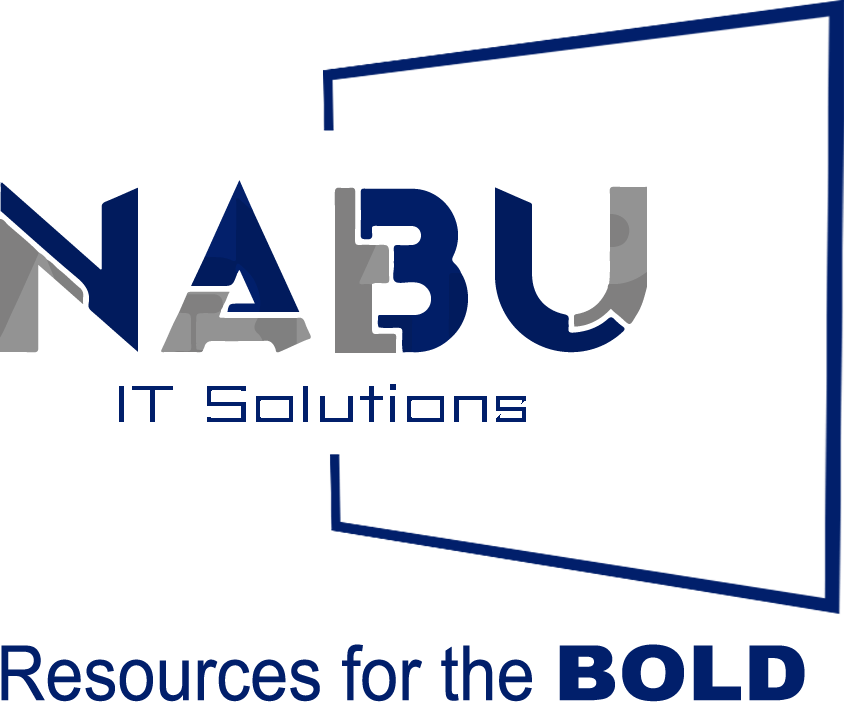The Internet of Things (IoT) has rapidly emerged as a disruptive technology, connecting devices, sensors, and systems to create a network of interrelated objects. This interconnectedness offers immense potential for transforming industries and revolutionizing the way we live and work.
In this blog post, we will explore the benefits of IoT in the IT industry, discuss how to implement IoT solutions, highlight sector-leading providers, and shed light on how Nabu IT Solutions can assist in leveraging IoT technology.
Benefits of IoT for the IT Sector
The IT sector itself stands to gain numerous benefits from the adoption and implementation of IoT technology. Here are some key advantages:
- Enhanced Infrastructure Management: IoT enables real-time monitoring of IT infrastructure components such as servers, routers, and switches. This allows for proactive identification of potential issues, predictive maintenance, and optimized resource allocation. IT teams can remotely monitor and manage the performance and health of infrastructure assets, leading to increased operational efficiency and reduced downtime.
- Improved Security and Network Monitoring: With IoT, IT professionals can deploy a wide array of sensors and devices to monitor network traffic, identify anomalies, and detect potential security breaches in real-time. IoT-based security solutions provide enhanced visibility into network activity, enabling quicker response times to threats and minimizing the impact of cyber attacks.
- Streamlined IT Asset Management: IoT simplifies IT asset tracking, inventory management, and remote device management. By deploying IoT-enabled asset tracking systems, IT departments can accurately monitor the location, status, and usage of equipment and devices. This streamlines the process of asset auditing, reduces the risk of loss or theft, and facilitates efficient resource allocation.
- Advanced Data Analytics: The vast amount of data generated by IoT devices provides IT professionals with valuable insights. By leveraging analytics tools and techniques, IT teams can extract actionable information from this data, leading to informed decision-making, performance optimization, and improved service delivery. Predictive analytics powered by IoT can help anticipate potential issues, identify trends, and optimize IT operations.
- Automation and Process Efficiency: IoT enables the automation of routine IT processes and tasks, reducing manual effort and freeing up IT professionals to focus on more strategic initiatives. Automated monitoring, alerting, and remediation of IT issues improve response times and ensure uninterrupted service availability. IoT-powered automation also enables self-healing networks and intelligent IT systems.
- Innovation and New Business Opportunities: IoT presents IT companies with new avenues for innovation and business growth. By leveraging IoT technology, IT firms can develop and offer new products and services that cater to the growing demand for connected solutions. This can include IoT platforms, analytics tools, security solutions, and consulting services, among others.
In summary, the IT sector can reap significant benefits from embracing IoT technology. From improved infrastructure management and enhanced security to streamlined asset tracking and advanced data analytics, IoT empowers IT professionals to optimize operations, drive innovation, and deliver superior services to their clients.
How to Implement IoT for your Business
Implementing IoT solutions requires a systematic approach:
- Identify Use Cases: Determine the specific challenges and opportunities within your industry that can be addressed through IoT technology.
- Data and Connectivity: Establish a robust data collection strategy and ensure seamless connectivity between devices, sensors, and systems.
- Security and Privacy: Implement stringent security measures to protect sensitive data and ensure privacy compliance.
- Analytics and Insights: Leverage advanced analytics tools to derive actionable insights from the vast amount of IoT-generated data.
- Scalability and Integration: Plan for future growth and ensure that your IoT infrastructure can accommodate expanding needs and integrate with existing systems.
IoT Leading Providers
Amazon Web Services (AWS):
AWS IoT offers a comprehensive suite of services, including device management, data collection, and analytics, enabling seamless IoT implementation across industries.
Microsoft Azure IoT:
Azure IoT provides a robust platform for building, deploying, and managing IoT applications. It offers scalable solutions, edge computing capabilities, and advanced analytics.
IBM Watson IoT:
IBM Watson IoT delivers a range of IoT services, including real-time data analysis, AI integration, and blockchain technology, empowering organizations to harness IoT's transformative potential.
How Nabu IT Solutions can Help with IoT?


